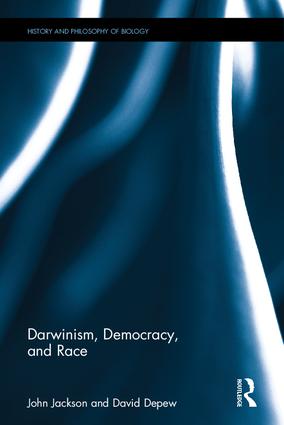A Good Case can be Made That He Was

With our new Education Secretary, Betsy Devos the idea of moving away from public schools via vouchers for private schools is once again in the news. Many feel there are insufficient safeguards against discrimination in many voucher programs. An important bit of history is that the notion of privatizing school has its roots in the battle to preserve racial segregation in the era of “massive resistance.” When the Center for American Progress (CAP) pointed this out, the libertarian Cato Institute issued a rather weak response. Libertarians, I think, like to ignore the rather sad history of their movement’s commitment to racial justice.
The CAP report focuses on Prince Edward County, Virginia. This story is related to James M. Buchanan, the subject of Nancy Maclean’s Democracy in Chains. The libertarian right have attacked this book fiercely . Here is what I find notable about many of the criticisms of her book. They pounce on certain words (she says “lodestar!”), her interpretations of some of the quotations she cites, minor incidents of Buchanan’s career, or some minutia of Buchanan’s “public choice theory.” Rhetorician Kenneth Burke nailed this strategy in the 1950s in his essay, “On the Art of Debunking:
It would seem they are no longer seeking good arguments; rather they are seeking any arguments, if only there be enough of them to keep running through the headlines, an avalanche of arguments, condemnations, prophecies of dire calamity, “statistical proofs,” pronouncements by private and institutional “authorities,” a barrage, a snowing under, a purely quantitative mode of propaganda, Are there no eagles among their utterances? Very well, let them be instead a swarm of mosquitoes. Before you could refute this morning’s, there is a new batch out this afternoon.
Continue reading →






